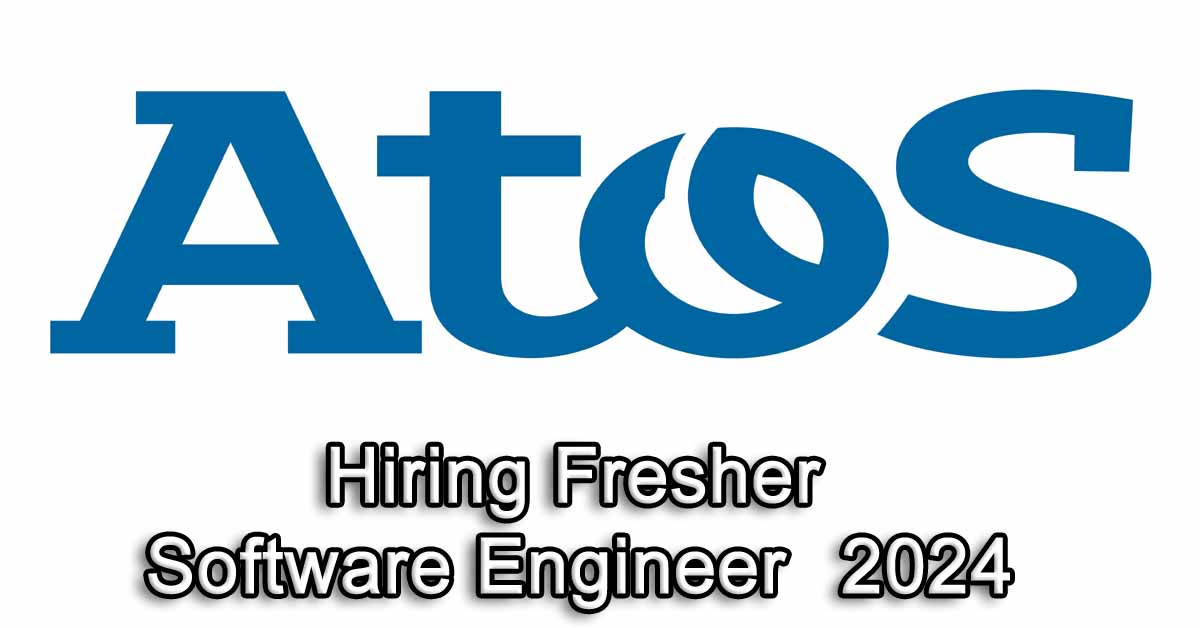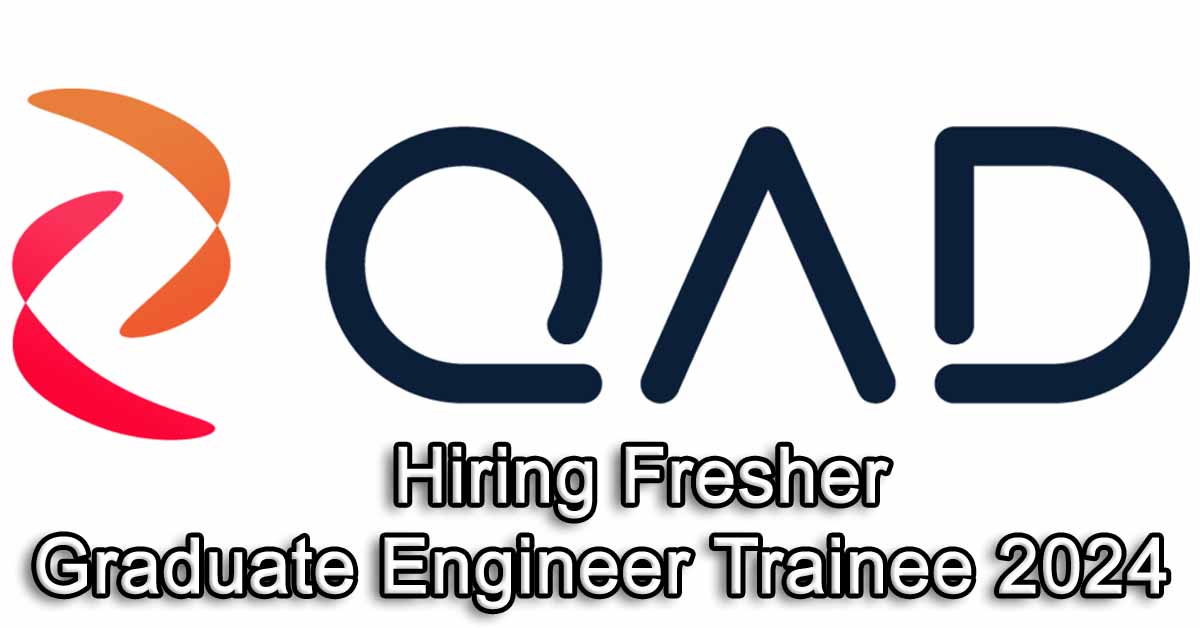HCL Jobs for Freshers 2024 for Graduate Engineer Trainee
HCL jobs for freshers 2024 trainee , HCL jobs for bca freshers, HCL Jobs for Freshers 2023, HCL jobs,it jobs vacancy,freshersworld,jobsforu,freshershunt. HCL Mass Hiring * Role: Graduate Engineer Trainee * Salary: 3.5-5.5LPA(Expected) * Location: PAN India * Experience: Freshers(0-1Year) * Education Any Graduate * Batch Recent-Batch HCL Jobs For Freshers 2024 For Graduate Engineer Trainee. … Read more










